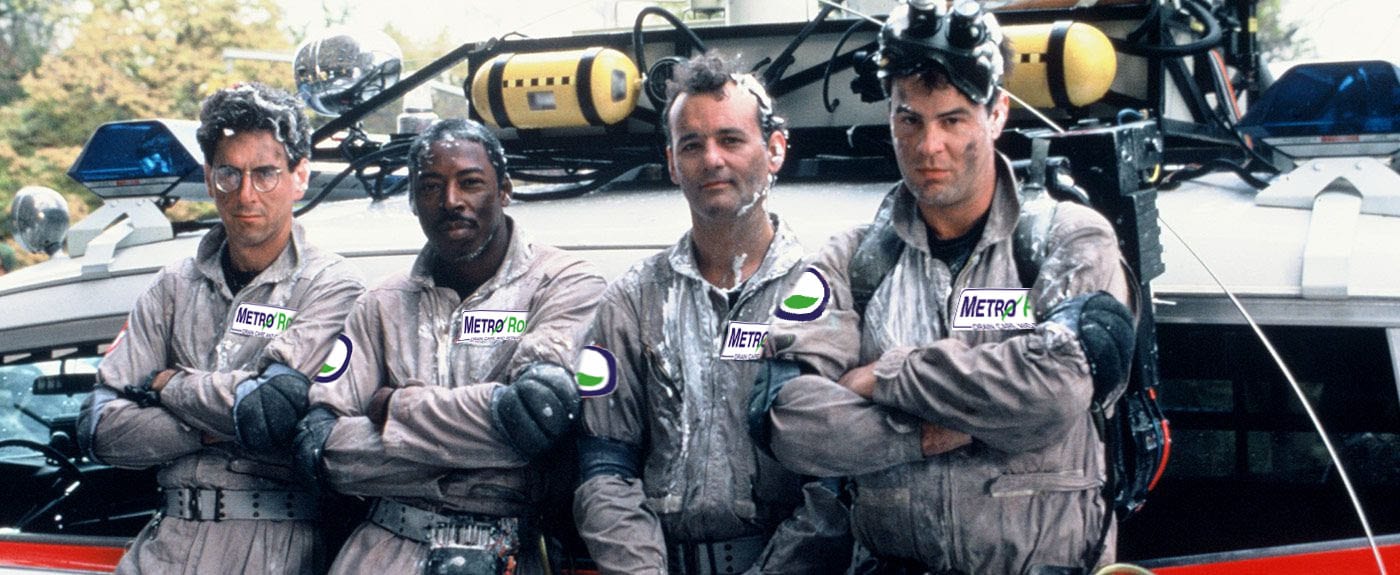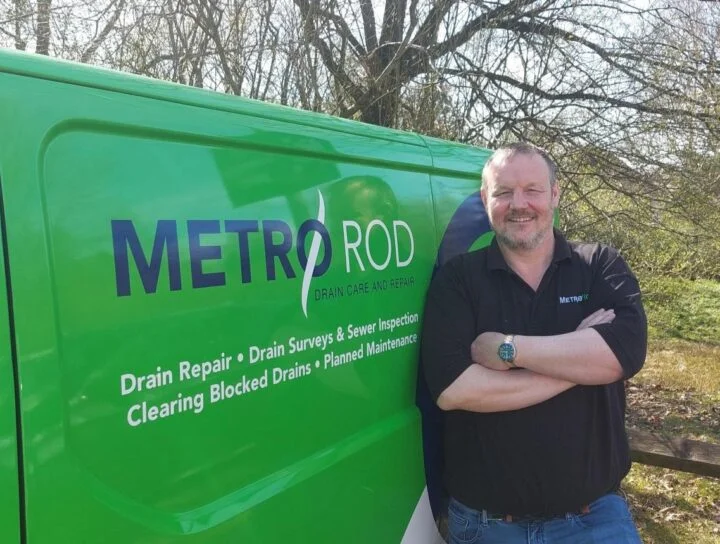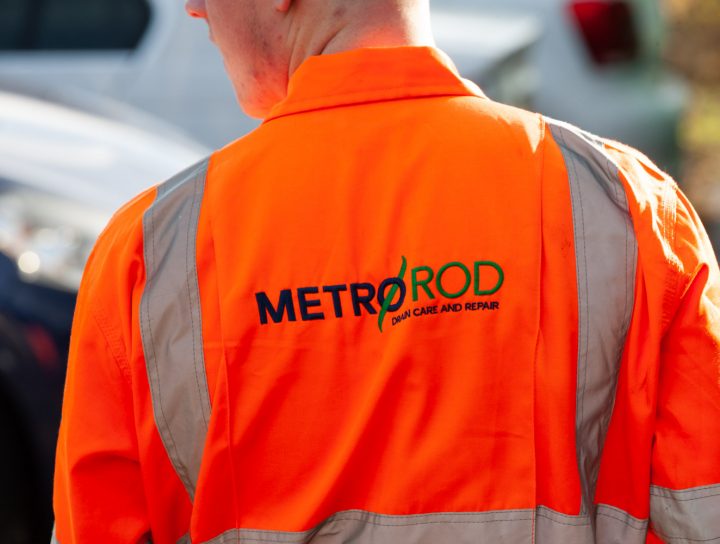Under your feet they're lurking, deep in the darkest depths of the sewers, they are plotting. With each passing day they are growing, becoming bigger, stronger and more obstinate. Your toilets are bubbling, the sinks are gurgling, there's a foul odour spreading throughout your work place. You think it's safe, you think it's a simple blockage, some scale down the line. But then you start to remember some small transgressions. You remember that day you poured the fat from the sausage butties you made for the marketing meeting down the toilet, you remember that empty pack of make-up wipes you found in the bathroom after Sally from accounting broke up with her boyfriend, the 'Bring your kids to work day' when the office had a make-over with Slime, and you feel a shudder come from deep within your soul! You pray it's not, It wouldn't happen to you, not your company, it is stuff of myth and legend, a story work men tell their apprentices to scare them at work...... You request for a CCTV survey to be carried out and it is confirmed. Deep in your drains is a monster of epic proportion. Who does not show mercy, you have a...........FATBERG!!
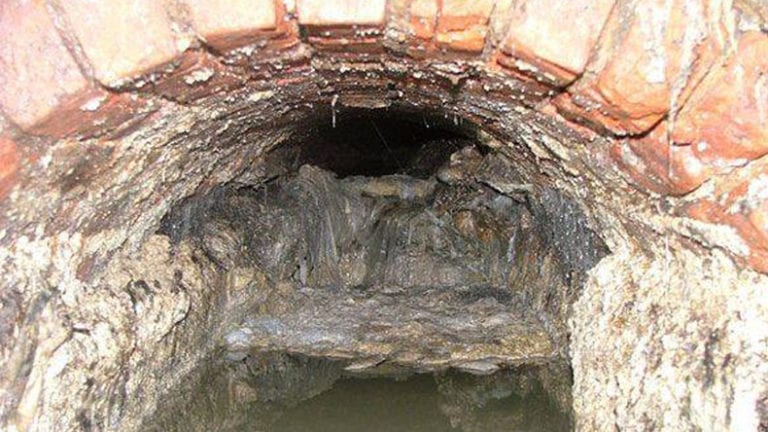
What is a Fatberg: 'Listen! you smell something?'
Fatbergs are becoming more and more common, especially in busy cities and we are their creators. Essentially a fatberg is a mass of fat and grease and all the other stuff we flush or pour down our drains that doesn't decompose; things like wipes, sanitary items, sawdust, clothing (seriously it happens alot!) these items were not made to decompose in a drainage system. The flow of water cannot get rid of them, they get caught on scale and stuck in the hardened fat and grease, amalgamating to create the monsters that we see on the news.
London's Fatberg has broken records weighing an impressive and terrifying 130 tonne which is about the same size as 11 double decker buses or 19 African Elephants! Stretching the length of two football pitches, the Victorian Sewer system was no match for such a beast; which resembled and felt like concrete. A piece of it is now being exhibited in the museum of London with reports that it is starting to sweat and beginning to grow mould.
This is not the only one of it's kind however, recently the seaside town of Sidmouth have also been battling with their very own fatberg. Though it doesn't reach London proportion it is still an impressive 64m in length.
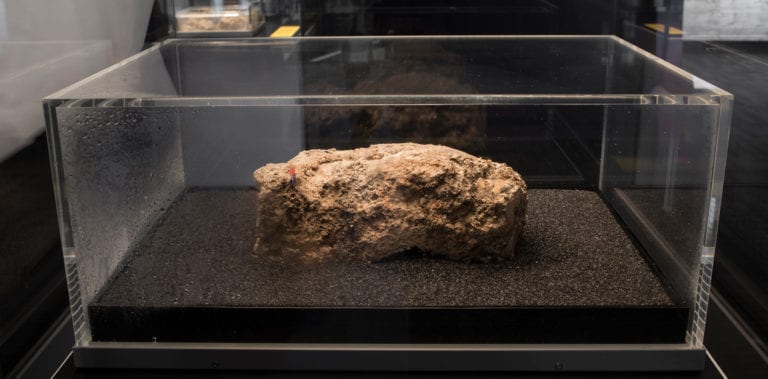
How do you fight a Fatberg:
Once a fatberg has chosen a drain for it's home it is quite hard to evict it, though not impossible!
- Manual Labour! Real manual labour with blood, sweat and tears. Manually picking it apart into smaller more manageable chunks utilising the best and most basic of equipment a good old spade and pick axe!
- Tankers- to suck out the debris as it comes away from the main body of the beast.
- Jetting- This will be probably the last course of action but eventually jetting it out will prove useful and clear the residue.
How to not Breed a Fatberg :
As stated, fatbergs are created by us. We create them and then facilitate their growth with our continued misuse of our drainage systems. so here are some golden rules to learn and recite.
- DON'T FEED THE FATBERG! Stop pouring fat and Grease down the drain.
- If in doubt bin it! If something doesn't automatically strike you as bio-degradable it more than likely isn't.
- Wipes and sanitary items are for the bin! There are sanitary bins next to the toilets in public restrooms... They belong in a bin trust me.
- Keep your drains regularly maintained. Drainage maintenance isn't something that we think about but we should, you service your boiler yearly, your electrics and gas gets checked. Your drains also need this level of care to ensure you are in full working order.
So there you have it,the full run down of the real monsters hiding in the dark. We are equipped to deal with before, the during and the after. So... 'Who you gonna call?'
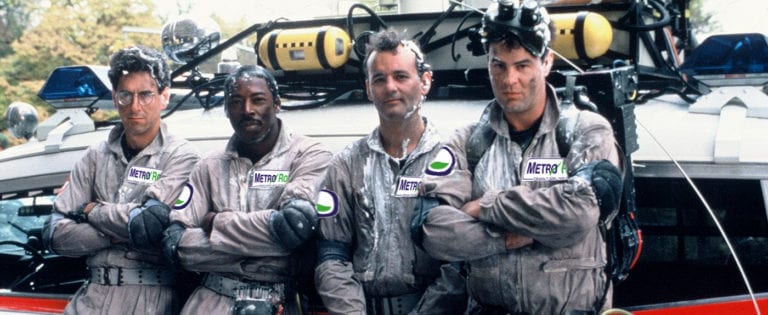

Talk to your local Metro Rod specialist
We are always happy to arrange a free site assessment and no obligation quotations for any work you might need. Alternatively, you can call our emergency hotline number on 0800 66 88 00
Get in touch Drainage Services